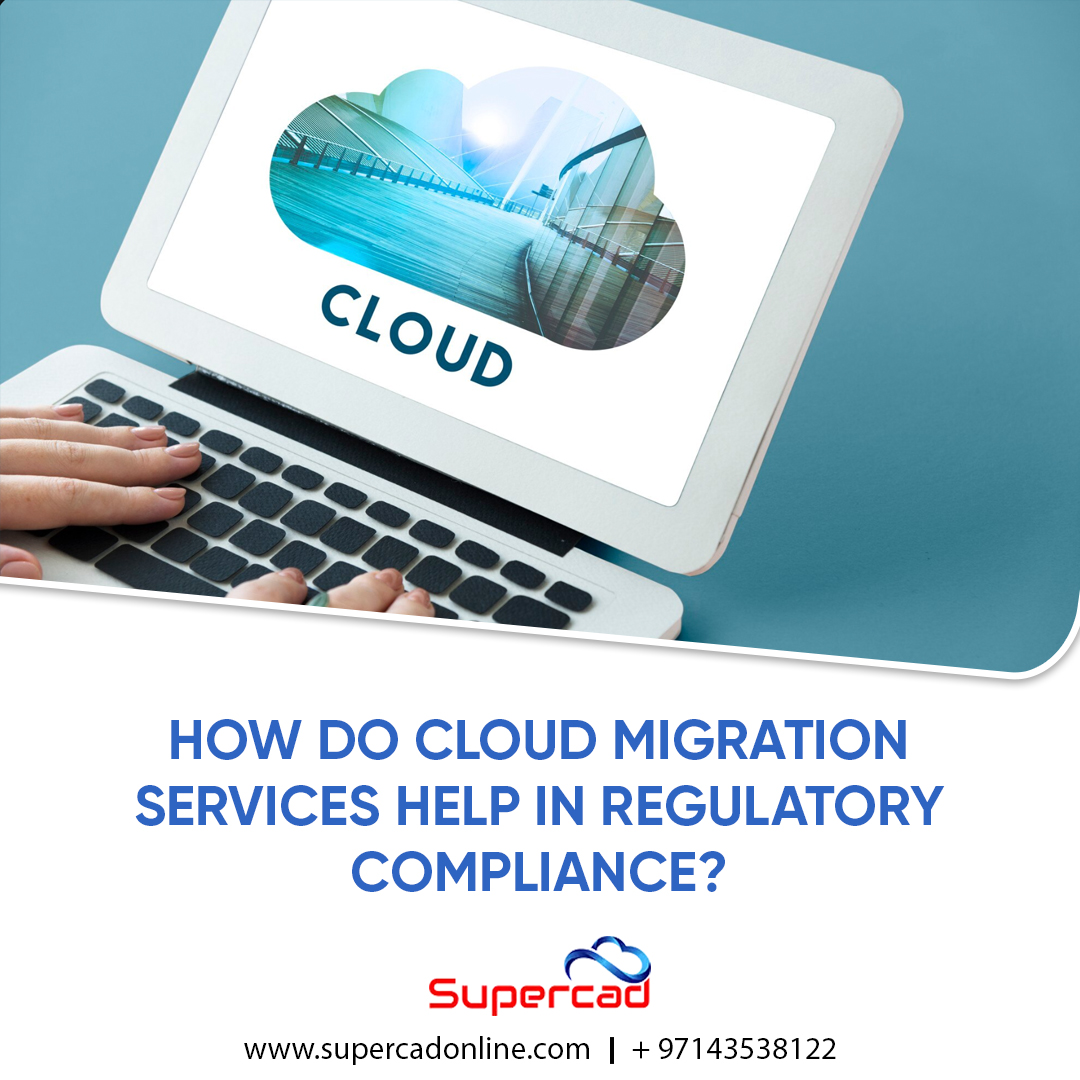For many businesses, moving to the cloud is no longer just about efficiency or scalability — it’s about meeting strict compliance standards. In Dubai, organizations in finance, healthcare, government, and retail are under increasing pressure to align with data privacy regulations, cybersecurity frameworks, and international reporting requirements.
With the right cloud migration services, companies can modernize IT systems while ensuring compliance. Paired with advanced cloud security solutions, migration becomes a pathway to resilience, regulatory alignment, and long-term trust with stakeholders.
Quick Answer: Why Compliance Depends on Smart Cloud Migration
Cloud migration services in Dubai help businesses comply with regulations by moving data and applications into secure, compliant environments. Combined with cloud security solutions, they deliver encryption, audit trails, and data residency options that meet UAE laws and global standards such as GDPR and ISO/IEC 27001.
Understanding the Compliance Landscape in Dubai
- UAE Federal Laws: Data privacy regulations require businesses to secure sensitive customer and financial data.
- DIFC and ADGM Standards: Free zones mandate compliance with international frameworks like GDPR.
- Sector-Specific Rules: Banks, healthcare providers, and government contractors must follow strict guidelines for data residency and cybersecurity.
Failing to comply can lead to heavy penalties, reputational damage, and loss of investor confidence. For example, global regulators have issued fines exceeding USD 1 billion in recent years for non-compliance with data protection standards (Source: DLA Piper GDPR Fines Report).
How Cloud Migration Services Enable Compliance
1. Data Encryption and Security Controls
Cloud platforms provide built-in encryption for data at rest and in transit.
Authentication and access controls ensure only authorized users can access sensitive information.
2. Audit Trails and Reporting
Automated logging of activity supports audits and investigations.
Simplifies compliance reporting for frameworks like ISO 27001 and GDPR.
3. Data Residency and Localization
Cloud providers offer UAE-based data centers, meeting data sovereignty laws.
Businesses can choose where their data is stored, reducing regulatory risk.
4. Scalability for Future Regulations
Cloud systems adapt quickly as new compliance requirements are introduced.
The Role of Cloud Security Solutions
Migrating to the cloud is only half the equation. Compliance requires strong, continuous security:
- Zero Trust Architecture: Ensures every access request is verified.
- Multi-Factor Authentication (MFA): Protects against unauthorized access.
- Continuous Monitoring: Detects and responds to threats in real time.
- Compliance Dashboards: Give businesses a real-time view of their security and compliance posture.
For example, a financial services company in Dubai can use cloud security solutions to meet DIFC compliance while ensuring that global investors that their data is handled securely.
Why Choose Cloud Migration Services in Dubai
Working with local experts brings advantages that go beyond technology:
- Regulatory Insight: Providers understand UAE-specific laws and free zone requirements.
- Tailored Strategies: Hybrid or multi-cloud setups for industries with sensitive data.
- Cost Efficiency: Streamlined compliance reporting reduces the risk of fines and lowers operational costs.
- Ongoing Support: Maintenance, monitoring, and updates ensure long-term compliance.
Cloud migration is no longer just an IT upgrade; it’s a compliance strategy. With cloud migration services in Dubai, businesses can move to secure platforms that meet strict regulations while enhancing scalability and efficiency. When combined with cloud security solutions, migration ensures that compliance isn’t a burden but a competitive advantage.
Partnering with the right provider means protecting sensitive data, staying ahead of regulatory changes, and earning the trust of customers and stakeholders in a digitally regulated world.




